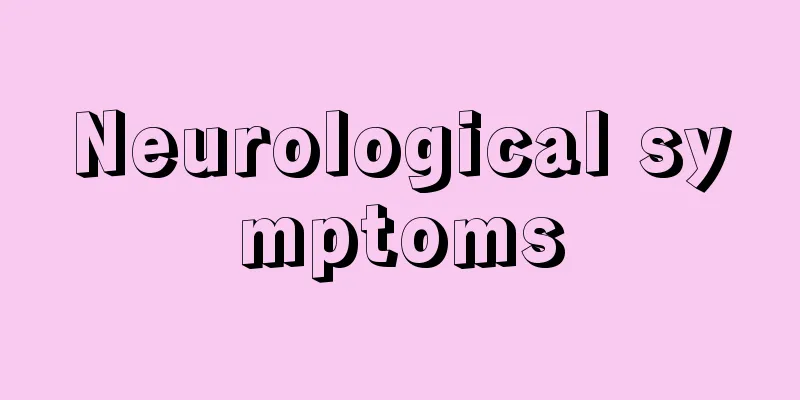Neurological symptoms

|
Neurology is a department that mainly treats people's neurological diseases. If people usually have neurological diseases such as headaches and cerebral thrombosis, they need to go to the neurology department for treatment. Neurology is a department that exists in every hospital and treats a wide range of diseases. Nowadays, more and more people are suffering from neurological diseases, which need to be treated by neurology department. So, what are the neurological symptoms? Neurology is a secondary discipline related to nerves. It does not belong to the concept of internal medicine. The main diseases treated are cerebrovascular diseases (cerebral infarction, cerebral hemorrhage), migraine, inflammatory diseases of the brain (encephalitis, meningitis), myelitis, epilepsy, dementia, metabolic diseases and genetic diseases, trigeminal neuralgia, sciatica, peripheral neuropathy and myasthenia gravis. The main examination methods include head and neck MRI, CT, ECT, PETCT, electroencephalogram, TCD (transcranial Doppler ultrasound), electromyography, evoked potential and hemorheology examination, genetic diagnosis, etc. At the same time, we work with the Department of Psychology to diagnose and treat functional diseases such as neurasthenia and insomnia. Common symptoms ·dizziness ·Cerebral infarction Trigeminal neuralgia Neurasthenia Neurosis Facial neuritis Syncope Radial nerve palsy Dementia syndrome ·epilepsy ·Headache Sciatica Parkinson's disease Acute myelitis Precautions 1. Eat more fresh vegetables, whole grains, soy products, dates, lean meat, etc. 2. Patients with facial paralysis usually need to reduce light source stimulation, such as computers, televisions, ultraviolet rays, etc. 3. You need to do more functional exercises, such as: raising eyebrows, blowing air, closing your eyes, opening your mouth wide, etc. 4. You need to insist on acupoint massage every day. 5. Soak your feet in hot water before going to bed, and do some foot massage if possible. 6. Do appropriate exercise, strengthen physical training, listen to light music often, keep a calm and happy mood, and ensure adequate sleep. 7. Patients with facial paralysis should avoid spicy and irritating foods while taking medication. Such as white wine, garlic, seafood, strong tea, spicy hot pot, etc. 8. Apply a hot towel to your face 3-4 times every night. Do not wash your face with cold water. When encountering cold weather, you need to keep your head warm. |
<<: Symptoms of athlete's foot
>>: Symptoms and manifestations of colic
Recommend
Does the wound heal after the anal fistula is cut?
Anal fistula is a common disease. Suffering from ...
I want to go to the toilet after drinking a little water
We all know that kidneys are very important to hu...
How to diagnose liver cancer so that it can be discovered as early as possible? Four common examination methods for diagnosing liver cancer
If viral hepatitis is present, a serum level of 4...
What medicine should I take for red and itchy face allergies
Everyone should have their own allergens, but som...
Tips for treating itchy scalp
There are many tips for treating itchy scalp. Som...
The fastest way to peel corn kernels
Corn is a very common plant in people's lives...
How to eat lamb kidneys to nourish the kidneys and strengthen yang, two delicacies not to be missed
Lamb kidneys contain protein, fat, calcium, phosp...
Is early stage lung cancer contagious?
Is early-stage lung cancer contagious? Lung cance...
Is primary liver cancer contagious? Three principles for symptomatic care of primary liver cancer
Is primary liver cancer contagious? Primary liver...
How should liver cancer patients eat? What are the causes of liver cancer?
In addition to hepatitis B and C, many bad eating...
The harm of washing your face with cold water for a long time
Many people are not familiar with the harm of was...
What does the five categories of blood routine test mean
Routine blood test is the most common medical exa...
What does high-risk positive mean
High-risk positive means that the patient is foun...
What are the methods for diagnosing lymphoma?
Every year, too many patients die from lymphoma. ...
What are the main treatments for lung cancer? Detailed description of the most effective treatment for lung cancer
At present, the treatment of lung cancer is mainl...









